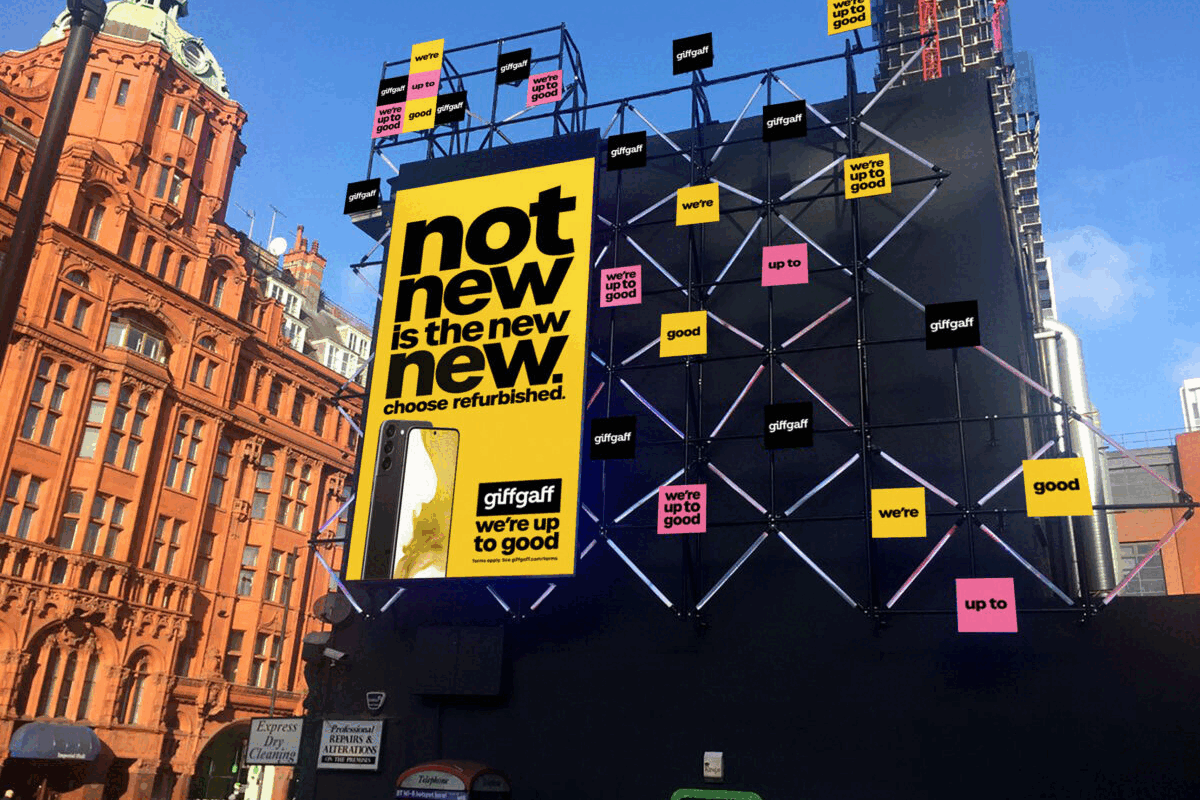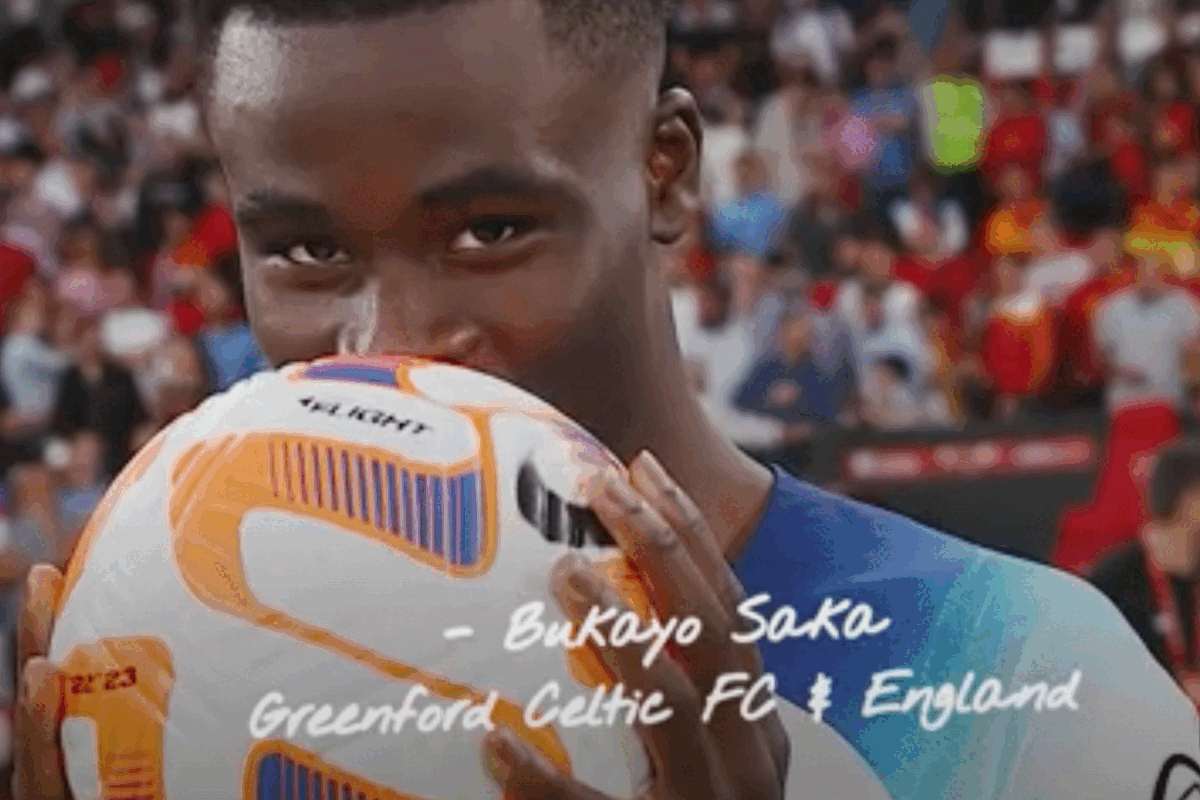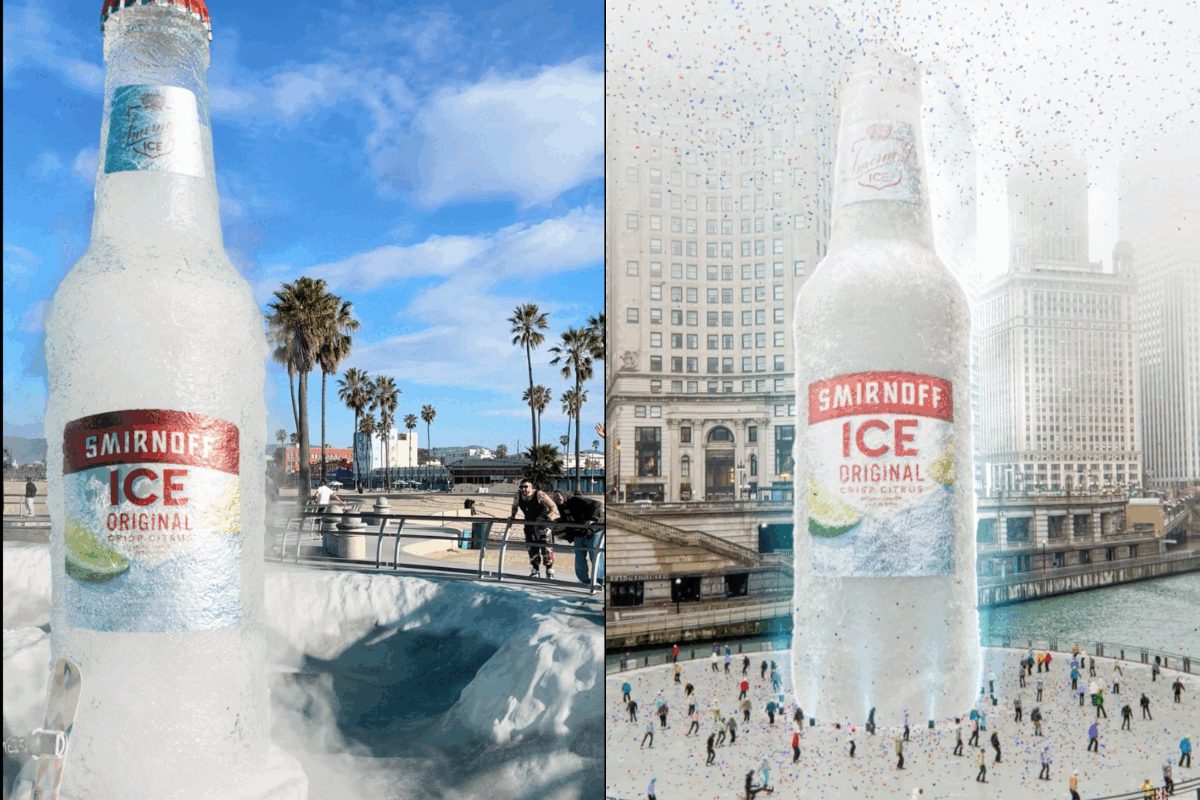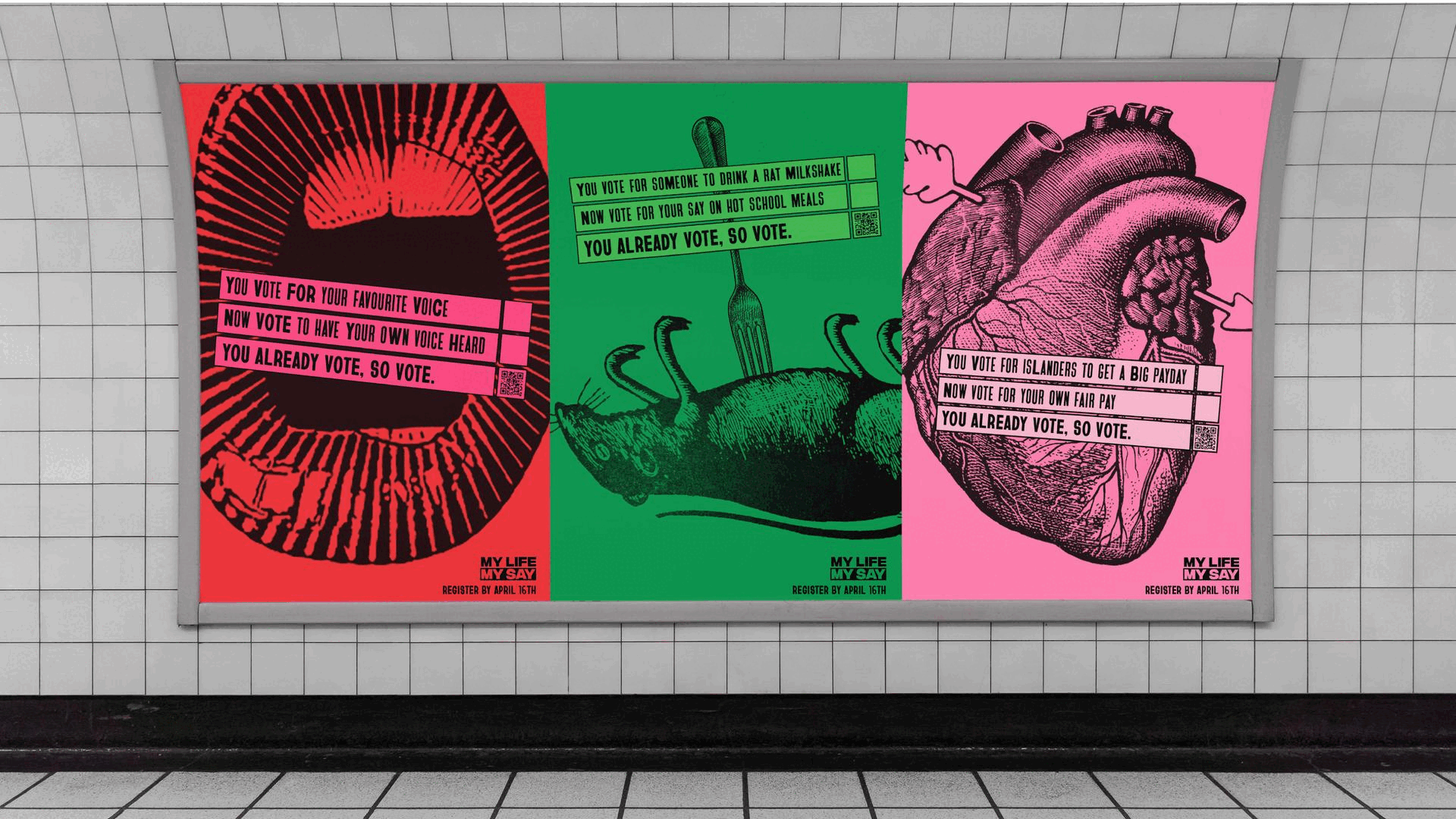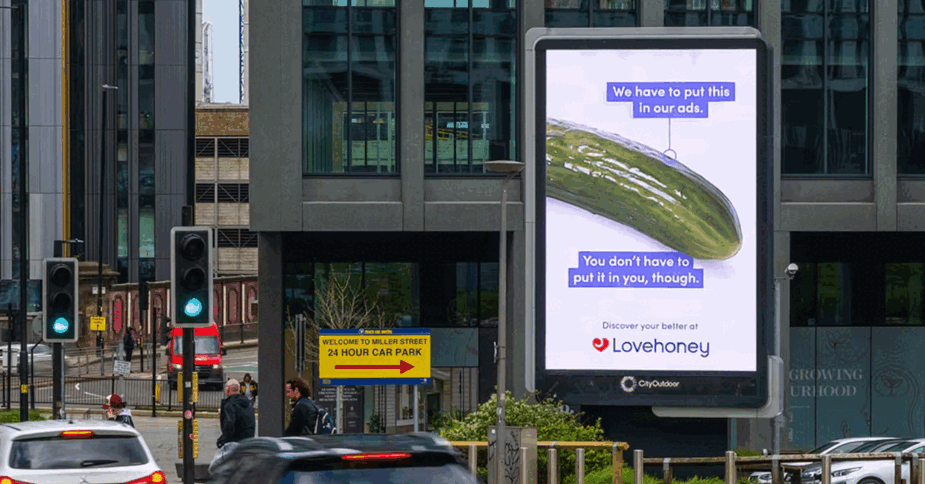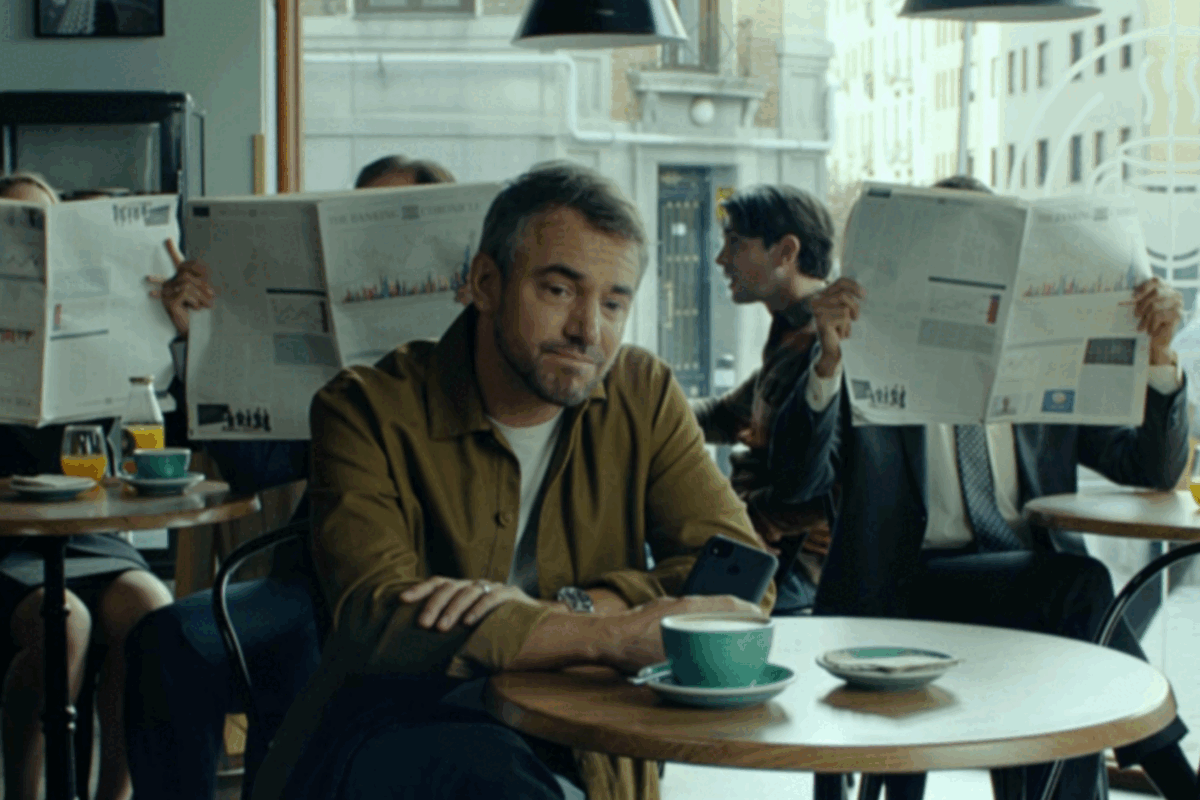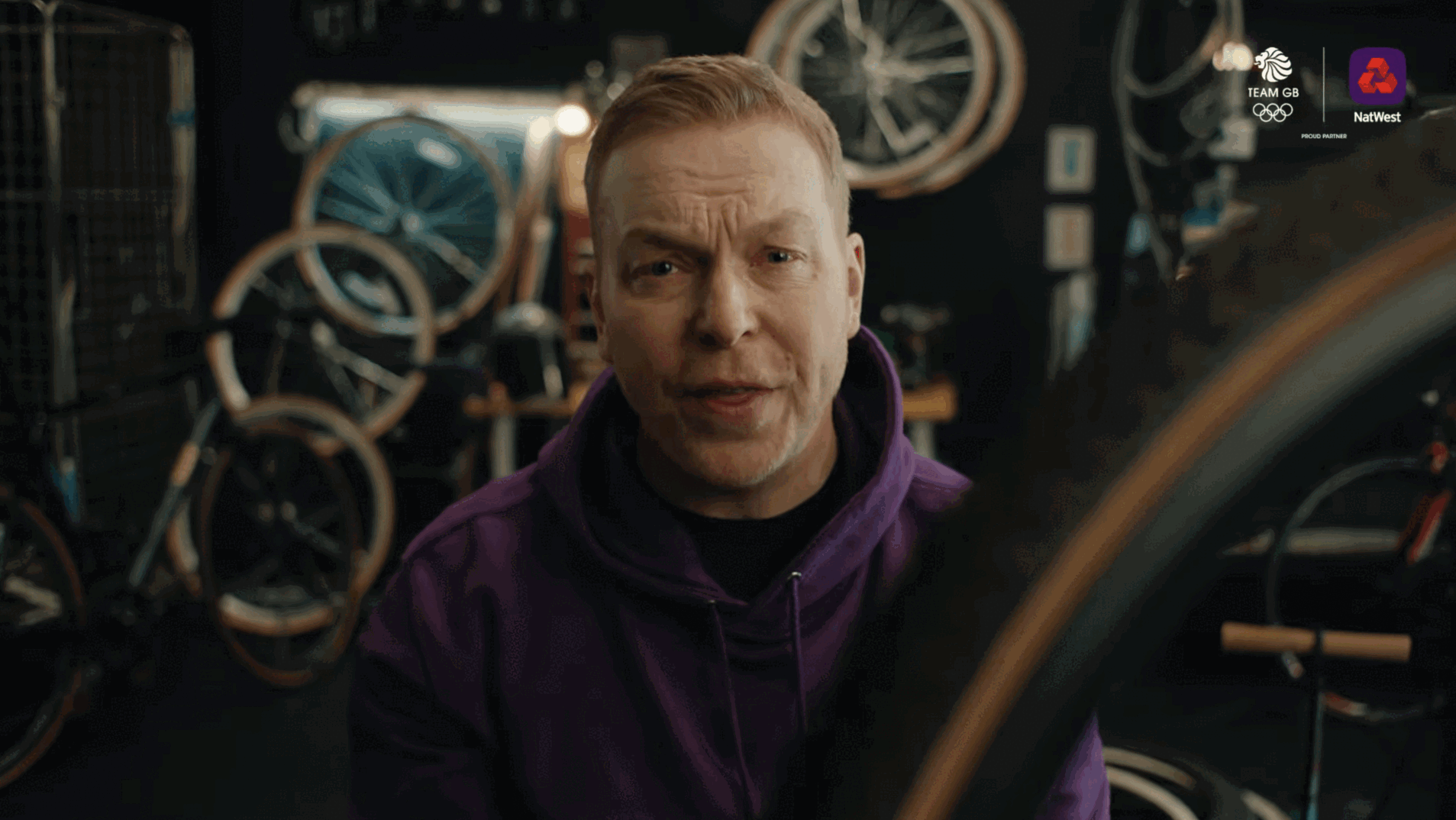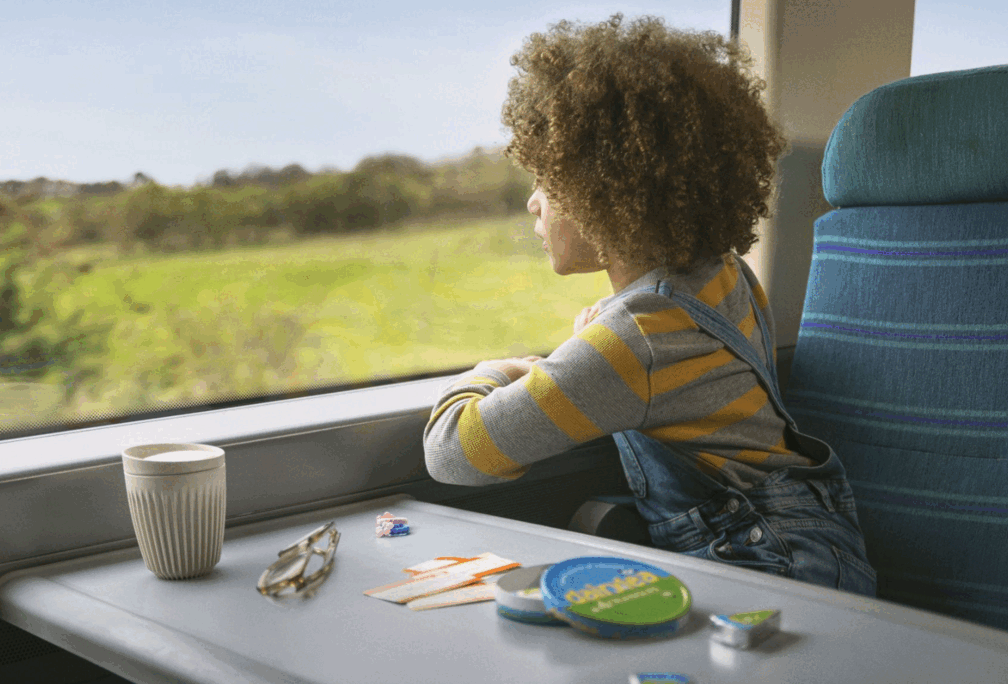2021 Award Winners spotlight: Pandemic, Location and Retail Campaign categories
- Tuesday, November 23rd, 2021
- Share this article:
We continue our look at the winners of the 12th edition of the Effective Mobile Marketing Awards. Today we throw the spotlight on the winning entries in the Most Effective Pandemic Campaign, Most Effective Location Campaign and the Most Effective Retail Campaign categories…
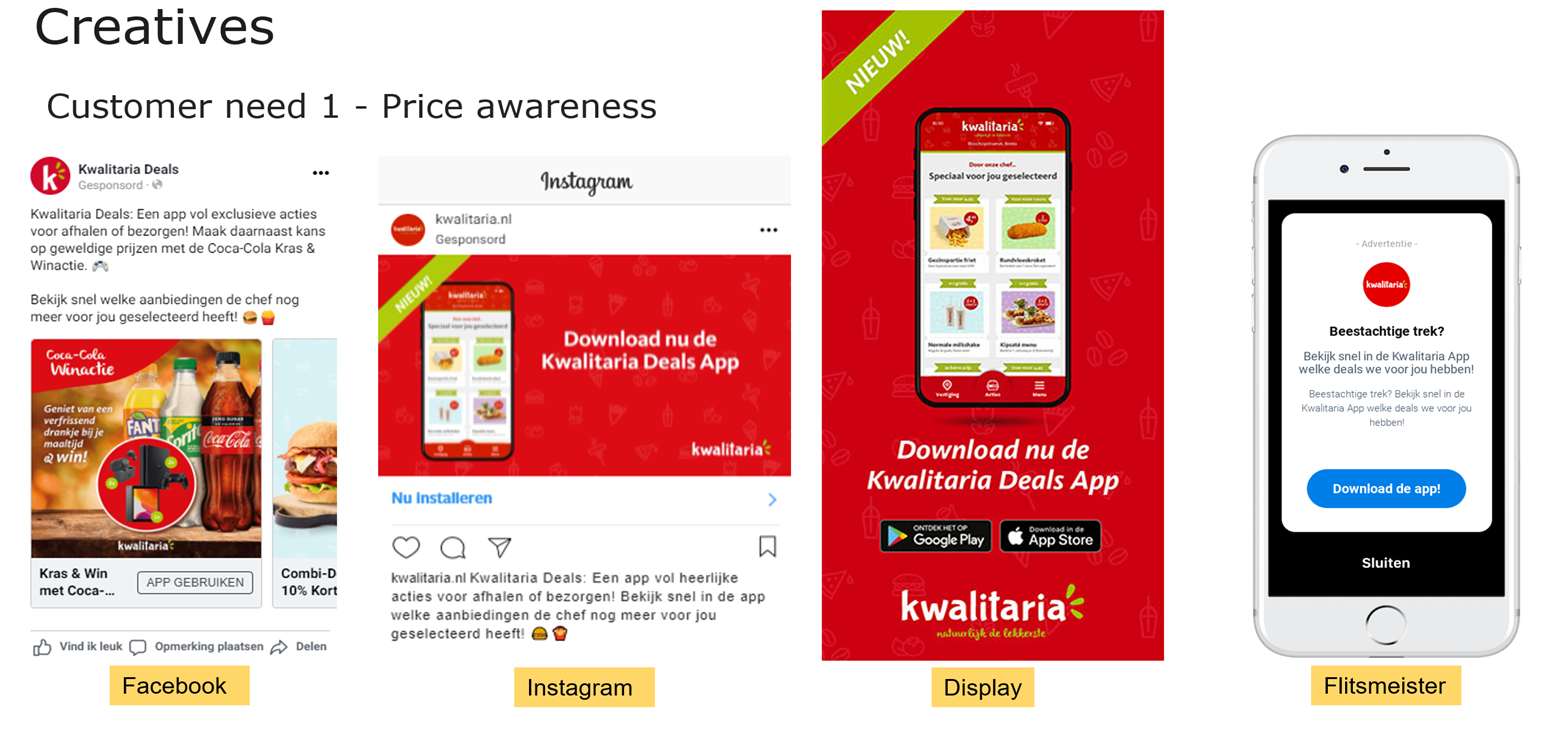 Most Effective Pandemic Campaign
Most Effective Pandemic Campaign
Winner
Kwalitaria and Fingerspitz – Delighting During COVID-19
In March 2020, all 135 physical Kwalitaria fast-food locations in The Netherlands were forced to temporarily close their doors due to the Coronavirus. As a snack bar where over 79 per cent of the turnover came from offline purchases, they took an enormous hit.
While Kwalitaria was tempted to cut costs immediately by halting its marketing campaigns, its agency, Fingerspits, advised otherwise. It advised a campaign based on three pandemic changes in behaviour: a greater need for security and safety; people became more price-conscious; and a greater appreciation for local goods. These insights led to the development of three large local campaigns in the delivery area around the store locations. Always On campaigns addressed security and safety concerns. The Kwalitaria Deals App would speak to the price-conscious consumer. And seasonal specials would address the appreciation for local goods.
The Always-On strategy deployed across Google Ads, Facebook and Instagram, focusing on “Corona-proof” take-away and safe delivery. Additional locations were connected the seller account for Thuisbezorgd.nl (Just Eat Takeaway) was optimised in order to further increase the total turnover.
The Kwalitaria Deals App was promoted using a comprehensive, hyperlocal omnichannel strategy, including radio campaigns on SlamFM, Veronica & Radio538; audio and visual campaigns on Spotify; Facebook & Instagram campaigns; Google Ads App campaigns; Display campaigns via Display & Video 360; and Flitsmeister (speed camera warning app) campaigns to increase offline traffic from travelling consumers around the stores. For these, a 500m radius geofence was applied to the stores so customer could quickly navigate to the nearest location. The ads were targeted around meal times.
The seasonal specialities focus on local ingredients such as Beemster Cheese & Dutch MRIJ meat. Usually, Kwalitaria focuses on a bricks & clicks approach, but here, the focus was switched entirely to promoting online purchases. This promotion was activated in the shops and app only during the spring, to avoid an overload of information, expanding to local Facebook, Instagram, Display & YouTube campaigns for the summer and autumn specials.
Research from Foodstep showed that the industry suffered a 74 per cent decline in food and beverage services starting in March. By contrast Kwalitaria grew its online revenues by 166 per cent between March and December 2020, compared to the same period in 2019. This growth meant that its combined online and offline revenues for 2020 were just 4.8 per cent down on 2019, with revenues for July and August 2020 exceeding those for the same months in 2019.
A tremendous example of how to analyse consumer behaviour that was massively impacted by the pandemic and react to the changes in a way that safeguarded the immediate future of the business at a time when many closed their doors for good.
Judges’ View:
“Good strategic approach with strong background analysis. Good innovative approach to omnichannel strategy and geo-targeting. Strong execution aligned to changing online behaviour, and excellent results.”
Most Effective Location Campaign
Winner
Rent a Car and Uberall – Driving Online Consumers to a Location “Near Me”
 Hire car company Rent A Car was looking for a local SEO solution that nurtured customer trust and loyalty, with an easy single-point-of-truth for listings management, performance data insights, data quality management, and brand reputation management.
Hire car company Rent A Car was looking for a local SEO solution that nurtured customer trust and loyalty, with an easy single-point-of-truth for listings management, performance data insights, data quality management, and brand reputation management.
Previously, inaccurate location data online had been detrimental to search rankings, local SEO, user experience and brand consistency, but rooting out bad data seemed an impossible task, given that 433 active locations would include over 18,000 listings across multiple online platforms and directories.
So Rent A Car enlisted Uberall’s Location Marketing Platform to create a seamless web-to-store ‘Near Me’ Customer Experience for consumers searching for car hire in locations near to them.
Uberall implemented its ‘Listings’ tool to optimise the location profiles in Rent A Car locations across more than 50 directories, enabling the team to push profile updates across the web within seconds, without the burden of complicated dashboards. It suppressed the brand’s duplicate information, which amounted to almost 300 errant listings.
Uberall executed the formatting of the data to ensure the highest accuracy online, boosting data quality on a wide array of listing attributes, including opening hours, amenities, social media, and URL. With 99.99 per cent of problematic data purged, Rent A Car could now enjoy peace of mind knowing location and operation data is correct anywhere its clients’ locations are mentioned online.
The Rent A Car team also recognised that thoughtful and swift responses to reviews have become critical for making customers brand ambassadors, but they had yet to create an online review response process. They needed to find an efficient way to respond to reviews and online social media posts, understanding that a positive online reputation also has significant influence on local search rankings.
To solve this issue and bolster its online reputation management, Rent A Car deployed Uberall’s ‘Engage’ tool, an easy-to-use, centralised platform that would enable them to respond to reviews in seconds, upload images from an event or fire off a promotion on Facebook, all in real-time.
‘Engage’ enabled Rent A Car to view and answer customer reviews on more than 40 platforms, from a single tab. In addition to ensuring that ratings and reviews feedback from consumers is addressed in a timely manner, Rent A Car gained more central control of its locations, while crafting a more unified strategy for brand reputation management across the entire country and overseas territories.
The company now uses Uberall’s solutions at several stages throughout its customer journey – from the top of its marketing funnel in order to attract potential customers by inviting them to click on its website or click to call, to the final stage of the customer journey by prompting potential customers to click to get directions.
It has a single source of truth for enhancing customer engagement, online brand visibility, brand marketing at the local level, national management of local marketing, revenue via offline-online marketing, and reputation management.
Despite the ongoing pandemic, clicks on its Google listings for 433 active locations increased by 11 per cent in Q3 2020 compared to Q3 2019. There was a 49.8 per cent increase in clicks-to-directions; a 65 per cent increase in clicks-to-phone calls; and a 27 per cent increase in website views. An impressive set of figures.
Judges’ View:
“For locally driven businesses this is the uber of digital tools, with the ability to influence through the funnel, this is a must-have platform. Powerful results from a relatively modest budget.”
Most Effective Retail Campaign
Winner
Simpli.fi – National Grocery Store Chain Increases Store Visits with Simpli.fi’s Location-based Targeting
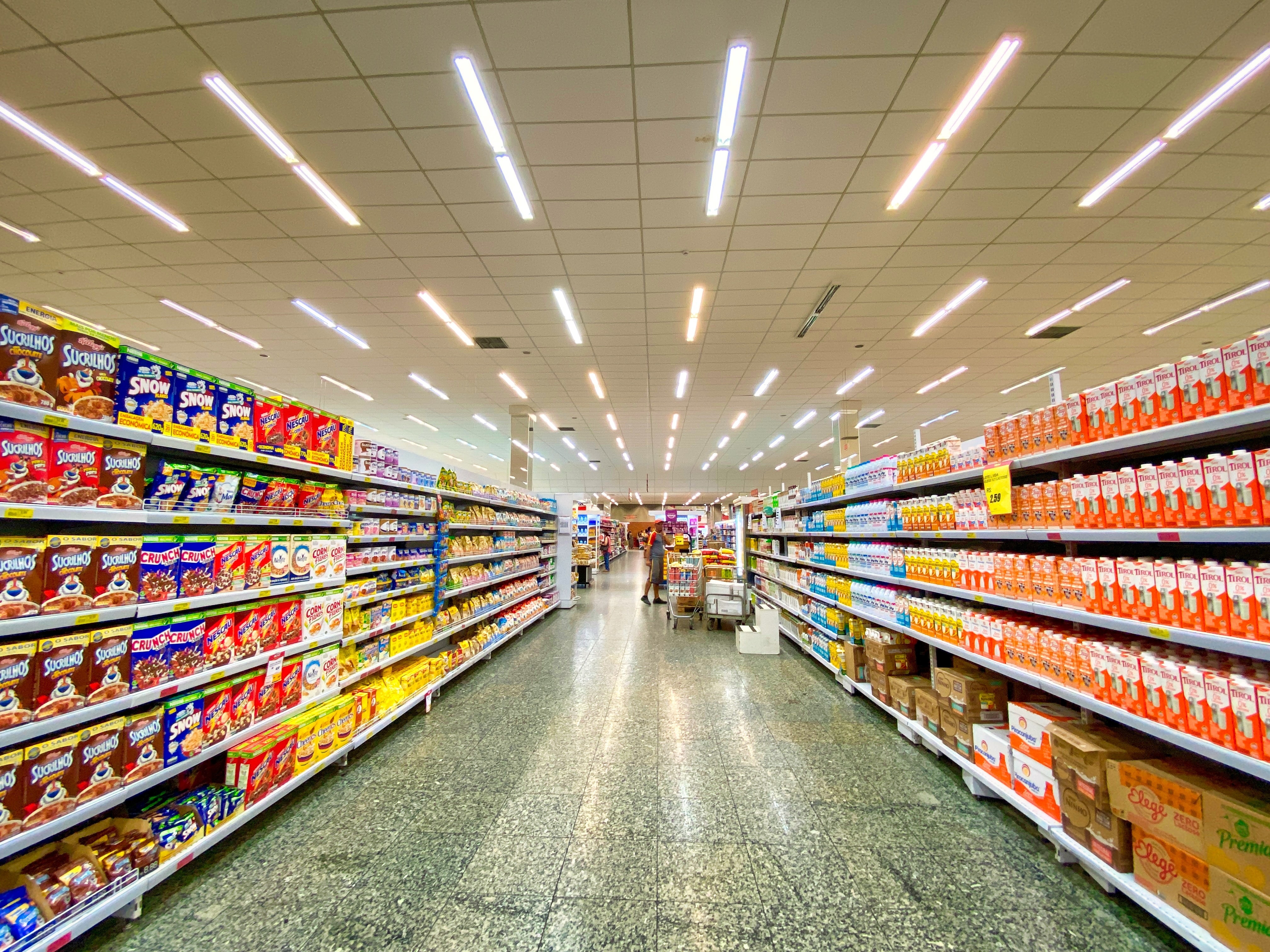 As a trusted partner of Simpli.fi, a full-service ad agency serving a national grocery retailer with more than 300 stores across the country was looking to re-engage with existing customers and bring in new ones. And it needed to be done at a local level, as, during the pandemic, the grocer dealt with operational challenges that greatly impacted foot traffic to their stores in different ways throughout the country.
As a trusted partner of Simpli.fi, a full-service ad agency serving a national grocery retailer with more than 300 stores across the country was looking to re-engage with existing customers and bring in new ones. And it needed to be done at a local level, as, during the pandemic, the grocer dealt with operational challenges that greatly impacted foot traffic to their stores in different ways throughout the country.
Together, the retailer, agency, and Simpli.fi developed a custom campaign to deliver localized execution on a national scale with a combination of geofencing, addressable geofencing, and search retargeting. The nationwide campaign spanned more than 300 stores in more than 2,100 ZIP codes across the United States.
First, the agency leveraged Simpli.fi’s geofencing solution to build target fences around more than 320 of the brand’s store locations, ensuring they would only target active customers who had recently visited one of their stores. This allowed the advertiser to target local customers after they left the store for up to 30 days later.
Keyword search retargeting was also used to reach relevant grocery shoppers who were likely existing customers. The team implemented more than 9,000 keywords related to local grocery stores, superfoods, nearby markets, and more to target users who indicated an interest in groceries based on their online behaviour. Simpli.fi’s ability to bid and report at the keyword-level helped the team optimize the campaign mid-flight to focus on higher performing keywords, therefore eliminating waste and maximizing performance.
With the campaign to target existing customers in place, the team turned their attention to the next goal, driving new shoppers into stores. Here, the agency used Simpli.fi’s Addressable Audience Curation tool to build a custom household-level audience in strategic locations near the brand’s stores by choosing from more than 500 demographic and offline variables. These included relevant interests such as boating/sailing, camping/hiking, luxury living, fitness and gardening, identifying 41m million addresses of people who live active lifestyles. Then, Simpli.fi’s Addressable Geo-Fencing solution used GPS data paired with lat lines to match each address to the exact physical location, shape, and size of the property. The system automatically built a target fence around each property for targeting the individual households. Simpli.fi also used geofencing to conquest competitors’ shoppers by placing target fences on competitor stores to target those shoppers.
Throughout the flight, the brand could measure the total number of visits and the overall Cost Per Visit broken out by each store, geofenced competitor locations and more down to the ZIP+4 level.
Over the course of the campaign, the agency and Simpli.fi helped achieve an average Cost Per Visit of $4.48. In total, the brand measured a combined 119,448 store visits resulting from the campaign.
Judges’ View:
“It makes total sense to capitalise on localising the strategy to market needs and adapting to changing shopping habits, especially during the pandemic. An amazing platform with a host of capabilities to target, track and measure results.”
Tune in tomorrow when well be profiling the winners of the Most Effective Performance Marketing, Use of Data and Search Campaign Categories. You can also see all the winning campaigns on the Awards website.





